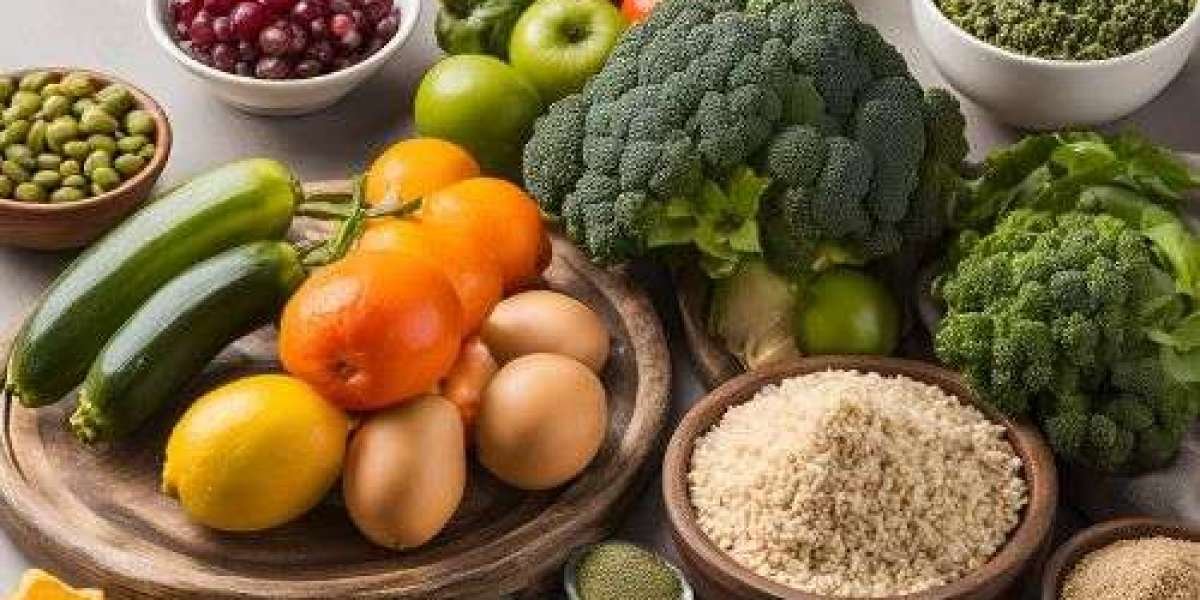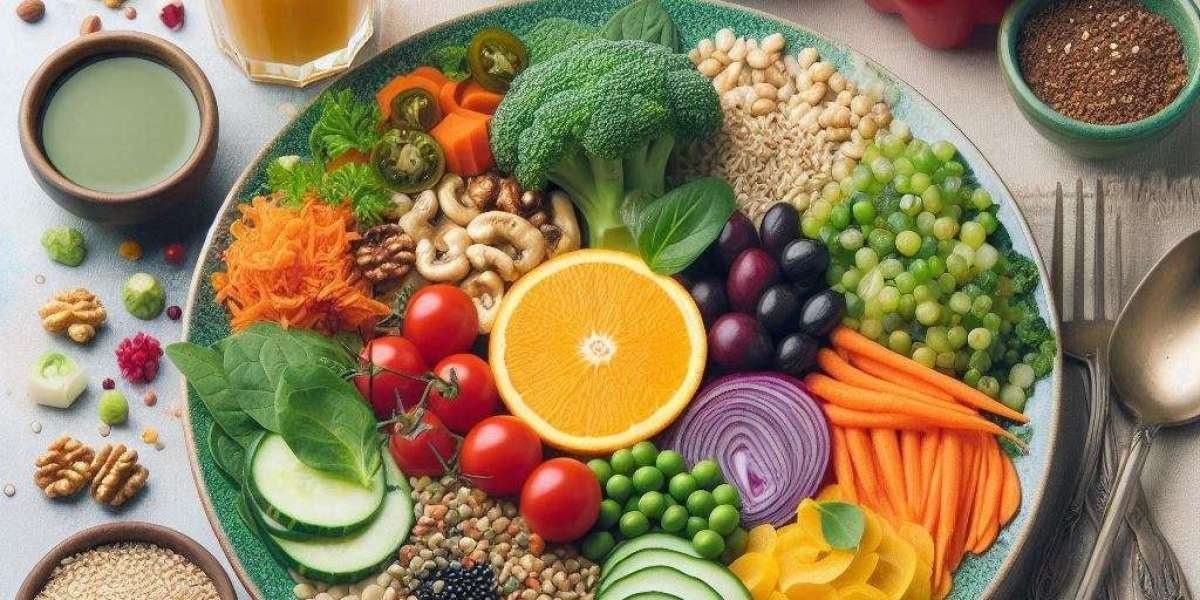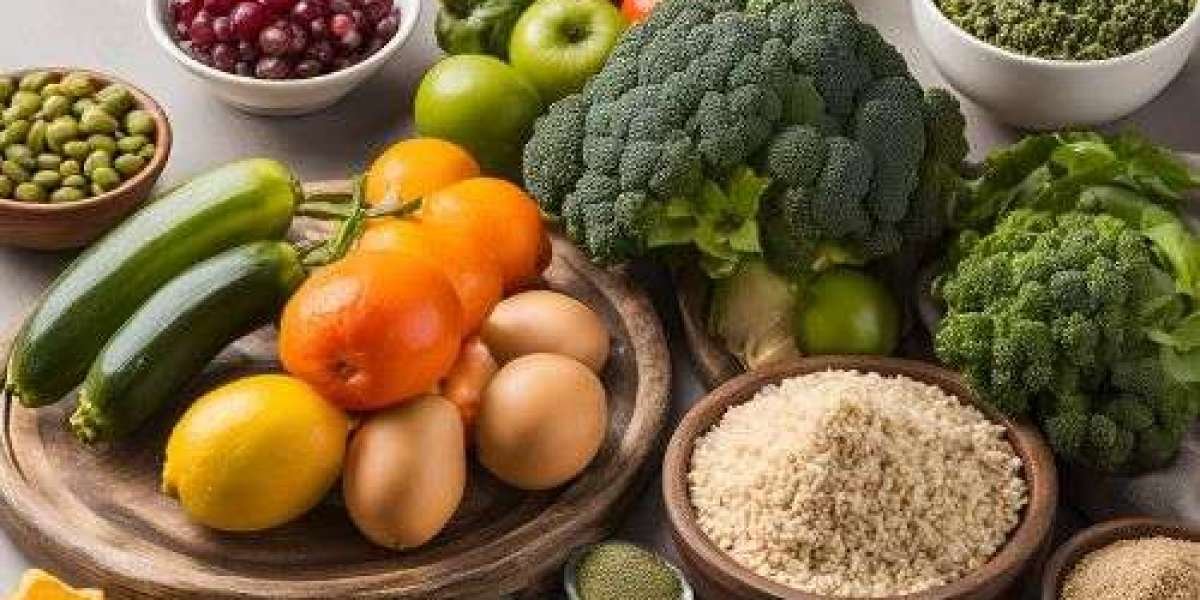Jainism, one of the oldest religions in the world, emphasizes non-violence (Ahimsa) and compassion towards all living beings. This principle profoundly influences the dietary practices of Jains. The Jain diet is not just about vegetarianism; it involves a strict adherence to avoiding harm to even the smallest creatures. This article delves into the intricacies of the Jain diet, its health benefits, and its ethical foundations.
Table of Contents
- What is Jainism?
- Principles of Jain Diet
- Foods Allowed in Jain Diet
- Foods Avoided in Jain Diet
- Health Benefits of Jain Diet
- Ethical and Environmental Impact
- Jain Festivals and Fasting
- Modern Adaptations and Challenges
- Conclusion
- Related YouTube Videos
1. What is Jainism?
Jainism is an ancient Indian religion that teaches the path to spiritual purity and enlightenment through disciplined non-violence (Ahimsa) and asceticism. Founded by Lord Mahavira in the 6th century BCE, Jainism has millions of followers worldwide, primarily in India.
2. Principles of Jain Diet
The Jain diet is rooted in the principle of Ahimsa, which means non-violence. This principle extends to all living beings, including microorganisms. Therefore, Jains follow a strict vegetarian diet and avoid foods that involve harm to any form of life.
3. Foods Allowed in Jain Diet
- Vegetables: Most vegetables are allowed, except those that grow underground.
- Fruits: All fruits are permissible.
- Grains and Pulses: Rice, wheat, lentils, and beans are staples.
- Dairy Products: Milk, yogurt, and cheese are allowed, provided they are obtained without harm to animals.
- Nuts and Seeds: Almonds, cashews, and other nuts are included.
- Spices and Herbs: Most spices and herbs are used, except those that may contain microorganisms.
4. Foods Avoided in Jain Diet
- Root Vegetables: Potatoes, onions, garlic, and other root vegetables are avoided because uprooting them kills the plant and the microorganisms in the soil.
- Meat and Fish: All forms of meat and fish are strictly prohibited.
- Eggs: Eggs are not consumed as they are considered potential life.
- Honey: Honey is avoided because it involves harm to bees.
- Fermented Foods: Foods like alcohol and certain fermented products are avoided due to the presence of microorganisms.
5. Health Benefits of Jain Diet
The Jain diet is not only ethical but also offers numerous health benefits:
- Low in Fat: The diet is low in saturated fats, reducing the risk of heart disease.
- Rich in Fiber: High fiber content aids in digestion and prevents constipation.
- Antioxidant-Rich: Fruits and vegetables provide essential antioxidants that protect against diseases.
- Balanced Nutrition: A variety of grains, pulses, and dairy ensure a balanced intake of nutrients.
6. Ethical and Environmental Impact
The Jain diet promotes sustainability and environmental conservation:
- Reduced Carbon Footprint: A vegetarian diet significantly lowers carbon emissions compared to a meat-based diet.
- Biodiversity Preservation: Avoiding harm to animals and plants helps preserve biodiversity.
- Water Conservation: Plant-based diets require less water than meat production.
7. Jain Festivals and Fasting
Jains observe several festivals and fasting periods, which further emphasize their commitment to non-violence and self-discipline:
- Paryushana: An important Jain festival involving fasting and meditation.
- Mahavir Jayanti: Celebrates the birth of Lord Mahavira with special prayers and rituals.
- Ayambil: A fasting period where only simple, non-spicy foods are consumed.
8. Modern Adaptations and Challenges
In the modern world, Jains face challenges in maintaining their dietary practices:
- Urbanization: Access to traditional foods can be limited in urban areas.
- Globalization: Exposure to different cuisines can lead to dietary compromises.
- Health Trends: Balancing traditional practices with modern health trends can be challenging.
9. Conclusion
The Jain diet is a profound expression of the principle of non-violence. It promotes health, ethical living, and environmental sustainability. By adhering to these dietary practices, Jains contribute to a more compassionate and sustainable world.






